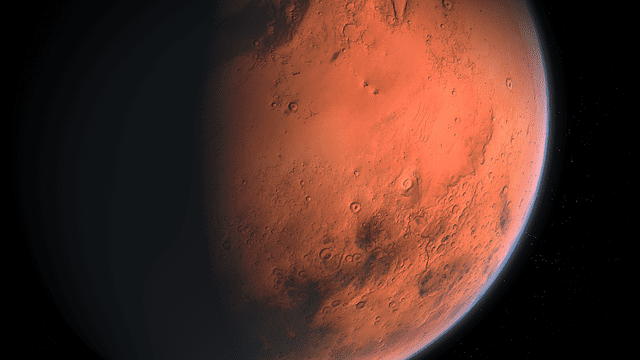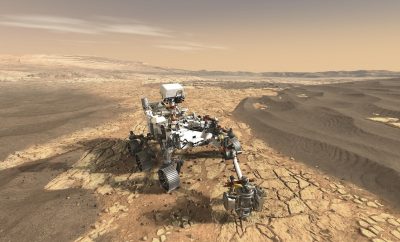
News
Ex-NASA Scientist Says Life Was Discovered on Mars in the 1970s
According to a former NASA scientist, the search for the essence of life on other planets was successful back in the ’70s. Gilbert V. Levin was a principal investigator on a NASA experiment that oversaw the launch of the Viking landers to Mars back in 1976. In a recently published article in the Scientific American journal, he argues the results of the experiment were proof of life on the desolate planet.
The experiment known as ‘Labeled Release’ was designed to see if Martian soil contained traces of organic material. The Viking landers probed the surface of the red planet, collecting soil samples and adding nutrients to it. If life were present, it would consume the food and leave a gaseous trace that would be detectable by radioactive monitors.
To ensure that the first sample was not an outlier, a second sample was tested after cooking the soil, a process that would sterilize any known life. According to Levin, the first sample showed signs of life, while the second sample was devoid of any organic material. These results led him to conclude a positive proof-of-life on Mars.
Subsequent testing failed to reproduce the results of Levin’s experiments, and NASA dismissed the findings altogether, blaming the positive results as a false positive. “Inexplicably, over the 43 years since Viking, none of NASA’s subsequent Mars landers has carried a life-detection instrument to follow up on these exciting results.”
However, we are once again seeing promising signs of life on Mars thanks to the work of NASA’s Curiosity rover. A discovery last week also suggested that Mars had expansive salty lakes across the surface, a key indicator that life may once have thrived there.
Much to Levin’s dismay, NASA’s 2020 lander mission will not be including a life-detection test. “In keeping with well-established scientific protocol, I believe an effort should be made to put life detection experiments on the next Mars mission possible,” Levin writes in his article.
The upcoming mission of NASA’s rover will, however, be searching for past evidence of life on Mars. This will include investigating hospitable environments and seeking out biosignatures in rock samples. Until then, we are still left with the puzzling question of whether or not we are alone in our solar system.





0 comments